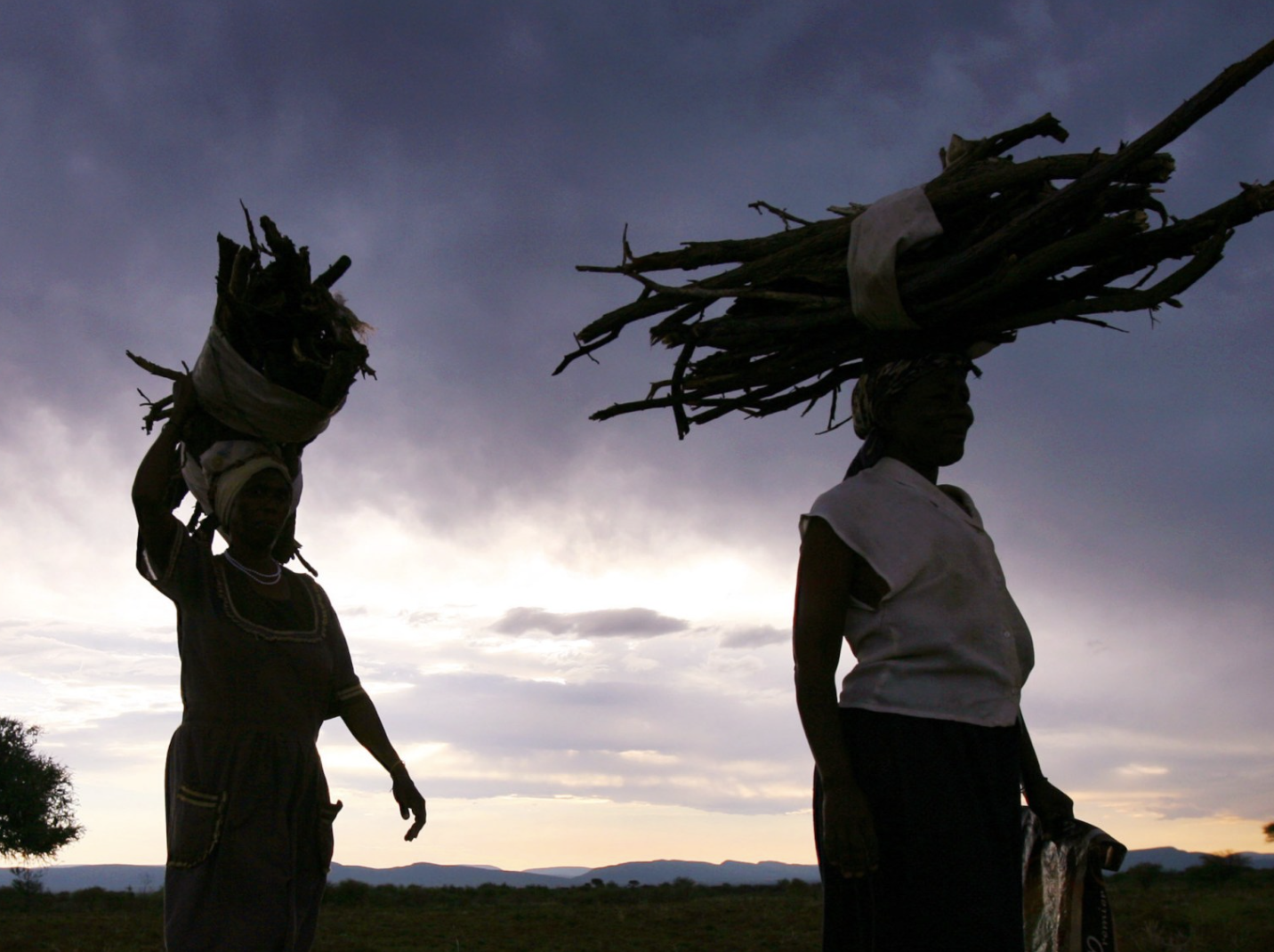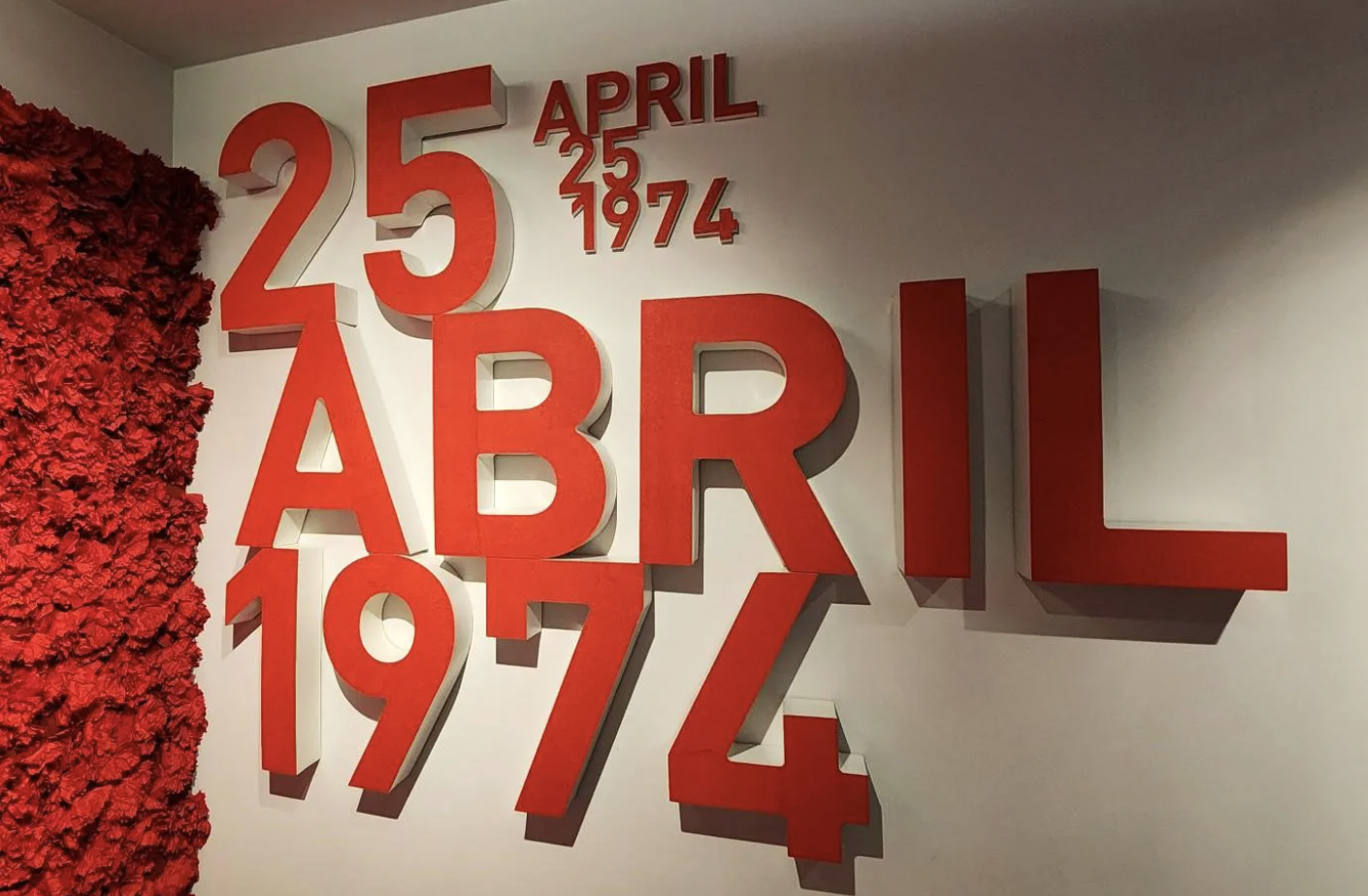News
It’s Time to Rethink the Chimera of the ‘Global South’
The term ‘Global South’ nowadays refers to all who have a grievance with ‘The West’ and the ‘world order’ which they believe to be rigged to keep the ‘Global South’ in perpetual poverty. It is a deeply problematic paradigm entrenching victimhood rather than agency. Far more useful would be the notion of the Free South.

Research Director, The Brenthurst Foundation

Director, The Brenthurst Foundation

The writer and activist Carl Oglesby is credited with inventing the term “global south” in an article published by the Catholic journal Commonweal.
Writing in a special edition dedicated to the Vietnam War, he was describing centuries of northern “dominance over the global south”, creating what he described as “an intolerable social order”.
The notion of the Global South has, in the years since this 1969 article, become a catchphrase for the “developing world”, including parts of Asia, the whole of Africa and Latin America, Central America and bits of the Middle East.
In the 1980s, former West German chancellor Willy Brandt drew a line separating the “wealthy north” from the “poor south”. The “Brandt Line” has endured as a rough guide to the “Global South”.
It was always a woolly concept and one which was used unenthusiastically for decades to describe a divide between wealthy developed nations and the “developing world”.
The trouble with the term “Global South” is that it is too vague to be of any serious analytical value. There is a broad shared geography if you overlook the swerve in the Brandt Line to exclude Japan, Australia and New Zealand. Beyond that, not much.
The “Global South” includes the world’s second-largest economy, China and many of the world’s smallest. There are countries that have experienced remarkable economic growth, such as Singapore, Taiwan and South Korea, and others that have languished in the economic backwaters.
And, when it comes to political systems, there are democracies, autocracies, monarchies and theocracies.
Writing in the International Politik Quarterly, Miriam Prys-Hansen summed it up: “There is neither agreement on who this Global South actually is, nor fundamentally on whether the Global South exists at all, given the great heterogeneity and the dynamics of those who are typically classified within it.”
Despite this, however, the term “Global South” is on the rise and has re-entered public life, but this time with a difference. Nowadays, “Global South” refers to all who have a grievance with “The West” and the “world order” which they believe to be rigged to keep the “Global South” in perpetual poverty.
While the Global South knows what it is against, it is less clear on what it stands for.
It is a deeply problematic paradigm entrenching victimhood rather than agency. It overlooks the obvious examples of economic success and development within its ranks and plumbs for the lowest common denominator. It externalises the causes of failure and excuses the member states from taking a long, hard look at their own failings – be they of political repression or of poor economic choices.
This notion of victimhood is typified by statements such as the ones made by International Relations and Cooperation Minister Naledi Pandor at a G77 summit in Havana, Cuba:
“The struggle for the soul of the South and for unilateral global dominance has never been more intense and as the South, we must seize this historic moment to ensure we develop the ability to be free agents of a development agenda that will advance our battle against poverty inequality and unemployment.
“It is vital for us to be aware that our ambition will not be a popular one as control of global innovation grants immense power over us to developed countries, thus it is not in their interest that we succeed.”
This view – quite different to those expressed by Pandor on her recent diplomatic trip to Washington to shore up relations – is laced with victimhood and paranoia, saying “many so-called partners will strive to divert our attention and break our unity”. Who are these global players who don’t want South Africa to succeed? Are they killing us softly with favourable trade deals and massive aid programmes to fight HIV and Aids?
Perhaps the better question is: Whose interests are served by the idea of a “Global South” struggling for freedom against a tyrannical “Global North”?
The answer is, of course, those nations who want to rewrite the world order to normalise their autocracies and stigmatise democracy. South Africa’s Russian and Iranian friends come to mind.
This is not the only irony. The Global South is attempting its own reformation and reset of international relations at a time when geoeconomics is being trumped by geopolitics. The paradox is that ideology has shifted. The past era of globalisation, which has led to more people being lifted from poverty than during any previous period of economic history, was shaped by three intersecting forces of ideology, technology and great power interests.
Turning the nebulous Global South into a forum of shared grievances about the world order is useful for the autocrats.
As Pascal Lamy, the former head of the World Trade Organization, points out, the challenge is not that the South, led by China and India, is uncommitted to contemporary globalisation through openness. “They are,” he says, “because it has been and is good for them.” Rather it is the North, led by the US, which is less convinced by the path of openness, and is moving to isolation, he warns, driven by a combination of domestic factors and technological and geopolitical rivalries.

Yet, since “less growth”, he warned at a meeting co-hosted by Diktio and ELIAMEP in Athens, “is not going to make people more happy”, deceleration of globalisation is more likely than its collapse. Yet there are others, in a further irony, including South Africa, that seem more interested in compensating the negative effects of global flows on the poor than benefiting from its overall thrust. In so doing, they risk undoing the structure of the very system.
There is a simple equation at play. To gain a share of global growth, you need to trade abroad. And to trade abroad, you need to be willing to accept imports. Protectionism threatens access to richer markets. Any legal, political or other frictions that raise the cost should be resisted, especially by those who need to ramp up their rates of domestic growth.
While there is every justification for the BRICS, as the centrepiece of the Global South, “to criticise the global order”, says Lamy, “so far they never came with a Plan B”. As a consequence, he says the BRICS “are a geopolitical system much more than a geoeconomical system, as is clear by the list of candidates to join the group”. There is little to share in economic terms between India, Russia, China, South Africa and Brazil.
Turning the nebulous Global South into a forum of shared grievances about the world order is useful for the autocrats. It offers a warm hearth of friendship and dulls the chill of global isolation.
While the Global South knows what it is against, it is less clear on what it stands for. The words of Alexander Hamilton come to mind: “Those who stand for nothing fall for anything.”
And, tragically, free and democratic nations of the Global South are falling for the idea that it is okay to embrace autocrats and malign states and not embrace other democracies.
Freedom House, which produces a map of countries that are free, partly free or unfree, put it this way: “Autocrats persist in flouting laws and norms in part because they do not believe democracies are serious about upholding them.
“Economic prosperity and a more secure global community require a global order based on the rule of law, anti-corruption safeguards, and a willingness to abide by international security norms; only democracies can maintain such an order. Democratic leaders who ignore this fact imperil not just global freedom, but also security and economic growth.”
Far more useful would be the notion of the “Free South”, countries of the developing world that want to build open, democratic societies with thriving economies.
But that would be a Western plot, right?
This article originally appeared on the Daily Maverick

